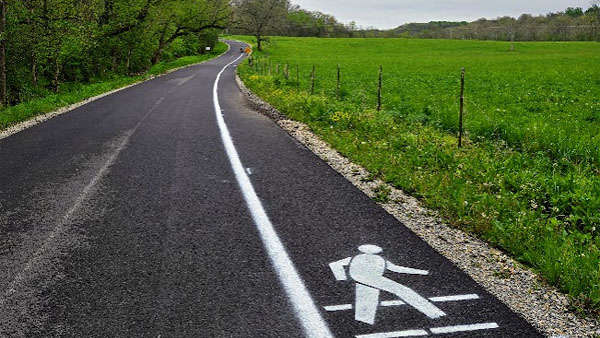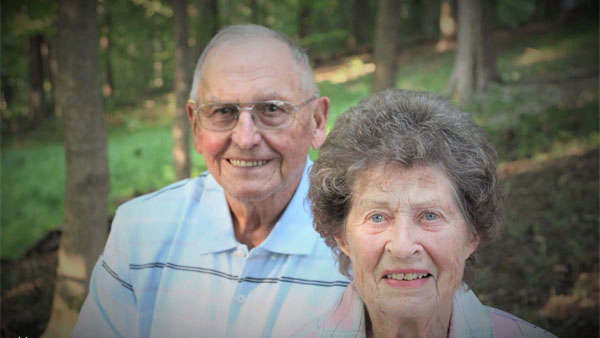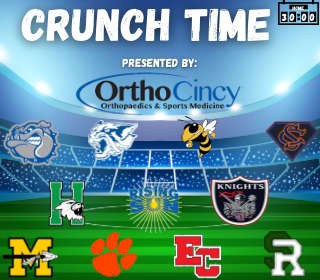Indiana Youth Institute CEO Tami Silverman says low-income children facing food insecurity are at the highest risk of being overweight or obese.

Many Hoosiers are heavy. Indiana has one of the nation’s highest rates of adult obesity, ranking 40th. A significant share of our children are also overweight or obese – Indiana’s rate of overweight and obese children is higher than that of all of our neighbor states. According to the latest research, one in three of our state’s children ages 10 to 17 are overweight, with kids of color and those living in low-income households at the greatest risk of being so. Childhood obesity is not a new issue for us, but these persistently high numbers remind us that we must stay focused on identifying and implementing healthful interventions for our kids, families and communities.
Today’s childhood obesity rate is nearly triple that of 40 years ago, according to the Centers for Disease Control (CDC). As a result, many children are now developing chronic health problems such as type 2 diabetes, high blood pressure, high cholesterol, arthritis and sleep apnea. Obese children are also at higher risk for low self-esteem, negative body images and depression. These physical and mental health problems can also lead to increased absenteeism and decreased educational attainment.
The prevalence of obesity is higher among African American and Hispanic youth, according to a study published earlier this year by the American Academy of Pediatrics. This research also found a sharp increase in obesity rates in children ages two to five. All of the data tells us that we must renew our efforts to increase physical activity opportunities and rates, and to improve access to healthy foods, especially for our most at risk children.
There is a surprising correlation between food insecurity – limited or uncertain access to adequate food – and childhood obesity, as low-income children facing food insecurity are at the highest risk of being overweight or obese. In Dearborn County, 16.7 percent of children are food insecure. Schools are a crucial link ensuring vulnerable children maintain access to healthy food, and summer break poses a challenge to food access and consistency. The Indiana Department of Education posts a comprehensive listing of summer food sites at www.doe.in.gov/nutrition/summer-food-service-program.
Physical activity is another key factor in reducing childhood obesity. It is not too late to sign-up kids for summer camps, clubs or other fun summer activities. Call your local United Way 211 line to find options in your area. Keep in mind that every child is different, and the goal is to find a physical activity that your child enjoys. This often takes time and experimentation. Whatever the activity, as long as it gets them up and moving, it helps their health.
Physical activity comes in many forms, and experts agree even small bursts of activity throughout the day can have significant benefits, such as increased focus and reduced negative behaviors. One study found that increasing a child’s physical activity by even 30 minutes per week can improve overall health. Most experts recommend 60 minutes of activity a day, whether structured activities or active play time. Families can help model good habits by taking walks, riding bikes or playing a rousing game of hide and seek.
Children develop habits around food and physical activity at an early age—research indicates as early as age five. Children who are overweight or obese are likely to be the same as adults, making early childhood an essential time to teach and model healthy habits. The American Heart Association’s website, www.heart.org, contains practical advice on how to create healthy habits at home. Yet instilling healthy food and activity habits takes more than good intentions and catchy formulas for nutritional intake.
Indiana has several state policies created to prevent childhood obesity including breastfeeding programs, healthy eating policies for Early Childhood Education programs, and standards for school physical education. Yet more can and should be done at the state and community levels to ensure all Hoosier kids have access to healthy foods and environmental conditions, such as parks, playgrounds, community centers, bicycle paths, and sidewalks, that can foster and support active lifestyles.
Raising healthy kids is harder than ever, with abundant fast food, the endless draw of screens, and hectic schedules. And we certainly do not want to return the days where overweight children were shamed or bullied. At the same time, our kids depend on us to provide them with the tools to build lifelong health. Parents certainly play the lead role. As community leaders, we are all responsible for setting and supporting the conditions needed to raise healthy Hoosiers.
Tami Silverman is the president and CEO of the Indiana Youth Institute. She may be reached at iyi@iyi.org or on Twitter at @Tami_IYI.

 Evening, Overnight Lane Closures Needed for Brent Spence Bridge Inspection
Evening, Overnight Lane Closures Needed for Brent Spence Bridge Inspection
 Indiana Veterans Memorial Cemetery to receive $139K for maintenance
Indiana Veterans Memorial Cemetery to receive $139K for maintenance
 Versailles Receives Funding for Trail Updates
Versailles Receives Funding for Trail Updates
 Indiana Unemployment at 3.5 Percent for March
Indiana Unemployment at 3.5 Percent for March
 RCCF Announces Establishment of Jerald & Helen Jahnigen Scholarship
RCCF Announces Establishment of Jerald & Helen Jahnigen Scholarship
 UPDATE: Stolen Excavator Located Case Remains Under Investigation
UPDATE: Stolen Excavator Located Case Remains Under Investigation













